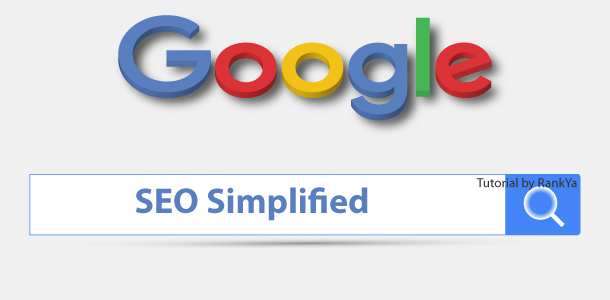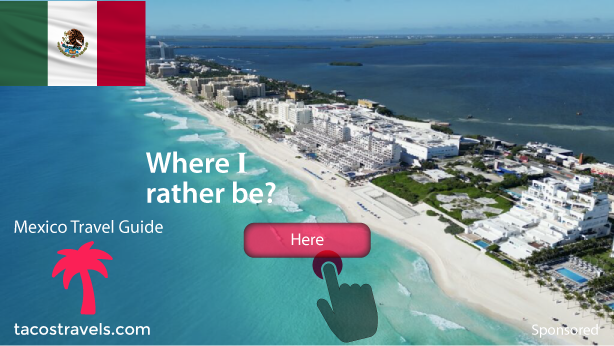Should I use rel nofollow attribute for my website is the question most website owners are getting confused about, and if you’ve been searching for quick answers to this question, the quick answer is = just forget about using it entirely. That’s right, you should not use rel=nofollow on your link attributes at all if your aren’t sure as to what it does. Code for nofollow on a link looks like this:
<a href="https://www.bing.com/" rel="nofollow">Bing </a>
Should You And I Use rel=nofollow Attribute When Creating Hyperlinks?
The short answer: you should use rel=nofollow for external linking ONLY when you do NOT want search engines such as Google to follow the link.
Keep in mind that nofollow is part of HTML what w3.org says about link type nofollow
The nofollow keyword indicates that the link is not endorsed by the original author or publisher of the page, or that the link to the referenced document was included primarily because of a commercial relationship between people affiliated with the two pages.
HTML Link type “nofollow”
- Elements in the DOM represent things; that is, they have intrinsic meaning, also known as semantics.
- A hyperlink can have one or more hyperlink annotations that modify the processing semantics of that hyperlink.
Now the above statement clearly should tell you about the importance of semantics of your web pages “the content”.
Information from Google Search Central help section states:
Use the nofollow value when other values don’t apply, and you’d rather Google not associate your site with, or crawl the linked page from, your site. (For links within your own site, use robots.txt)
“Nofollow” provides a way for website owners to tell search engines “Don’t follow links on this page (when you use meta tags)” or “Don’t follow this specific link (when you use rel=nofollow on a specific link)”
Google follows URL’s to find other URL’s to crawl and index, basically, when you use rel nofollow attribute on a hyperlink, what you are telling Google is
“Okay Google, as far as my own rankings are concerned, I am tell you not to follow and pass any PageRank to that link I have on my web page”
Therefore, it is to do with following links and indexing the URL’s and not so much about ranking web documents. You can use rel nofollow for external links where you do not want to associate your own web page with, or you can just not use it at all, it makes not much difference for almost 99% websites.
The main reason nofollow link attribute became important was because of Google trying to give website owners option to tackle comment spam. There are many SEO guru’s who use automated link spam software programs looking for non-maintained websites (particularly WordPress sites) with comment forms which they spam to get backlinks.
Therefore, focus on creating targeted content that is of use for your target audience and forget thinking about using rel nofollow, because every web page you link out to should be worth it for your own visitors to visit, and if that’s the case, it should also be worth it for Google to pass PageRank as well.
But if you must, then the best place to use these are on your comment sections where many people come and leave comments (including their Website’s URL) which often means that their Website URL’s are unrelated to your industry. Then, that is a good example of its usage.


